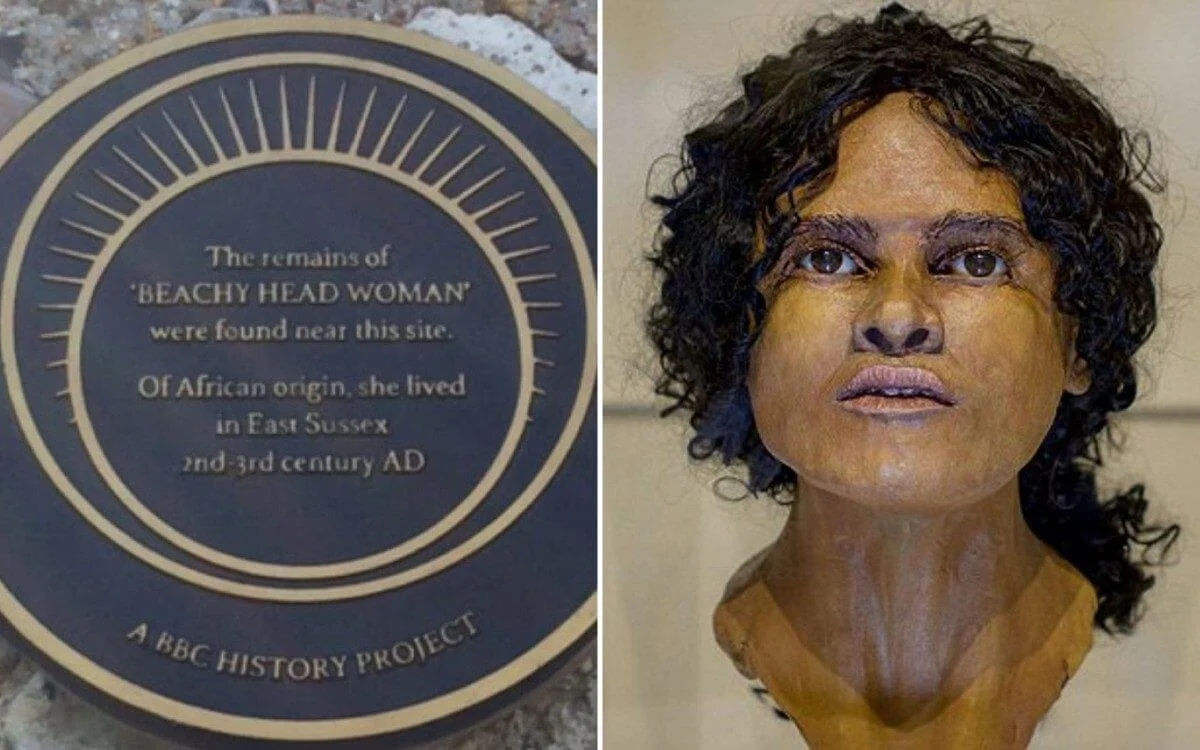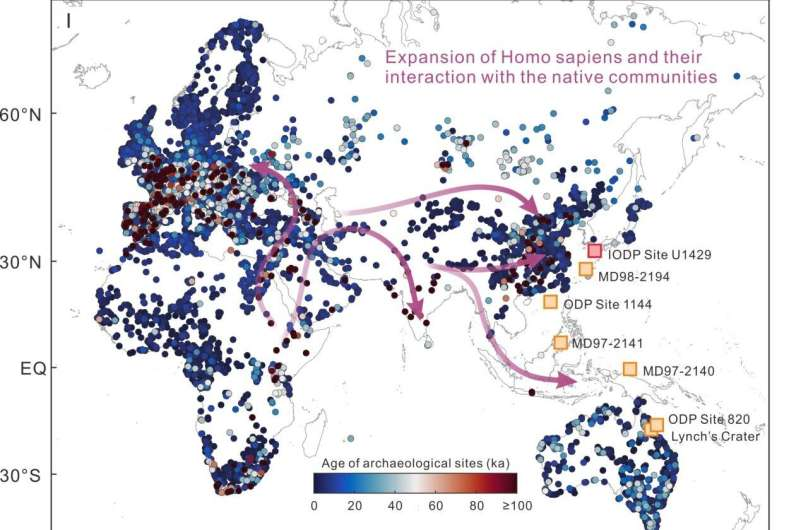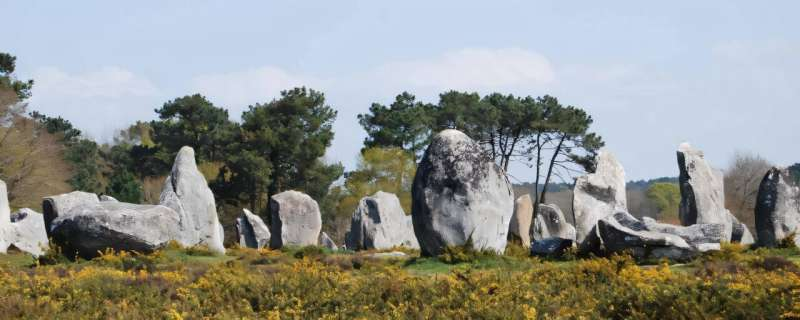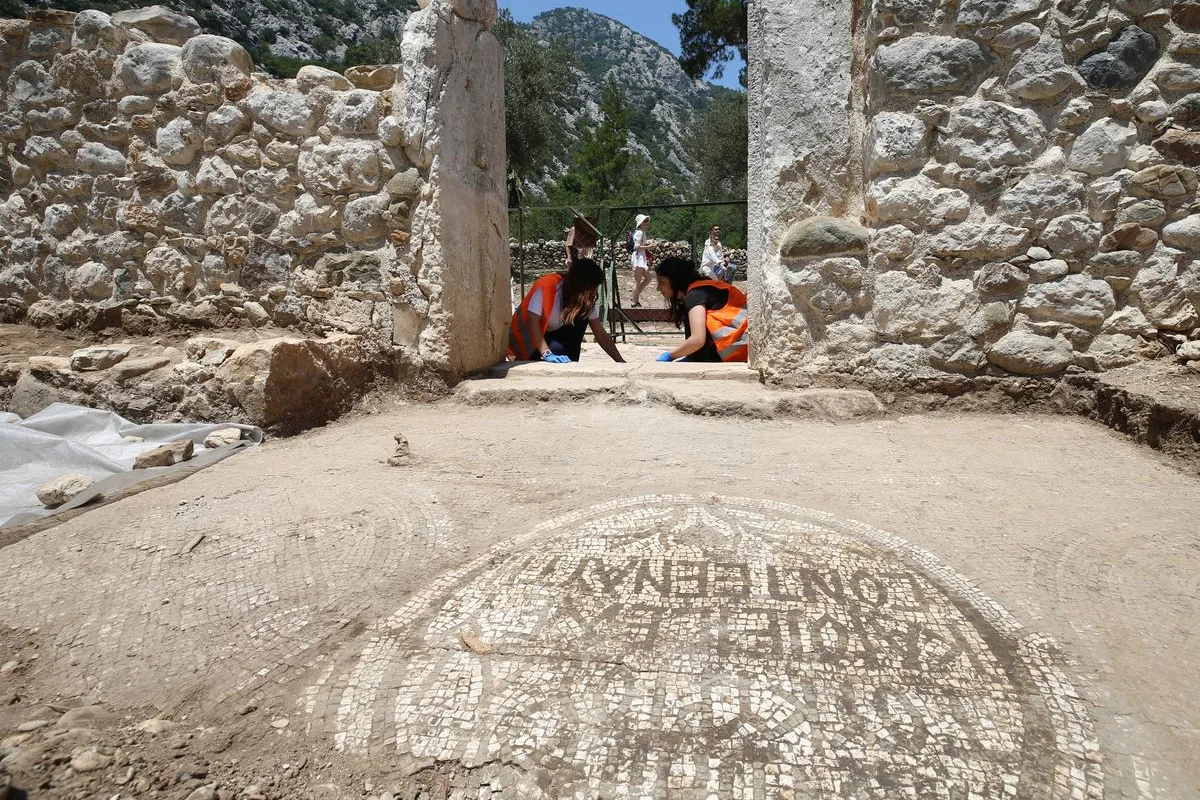Revisiting History: The Beachy Head Lady's True Origins
In the realm of historical discoveries, the narrative often takes unexpected twists and turns. Such is the case of the Beachy Head Lady, whose story was once thought to be a testament to Britain's diverse heritage. However, recent DNA analysis has uncovered a surprising revelation, challenging our understanding of her origins. In this article, we delve into the intriguing tale of the Beachy Head Lady and the quest for historical accuracy.
The Beachy Head Lady: A Remarkable Discovery
In 2016, a plaque was proudly installed at the East Dean cricket club in East Sussex, commemorating the enigmatic figure known as the "first black Briton." The plaque celebrated the life of the Beachy Head Lady, whose remains, dating back 1,800 years, had been unearthed in the region. The narrative surrounding her heritage was one of African origin, and her story was prominently featured in the BBC documentary series "Black and British: A Forgotten History," hosted by Professor David Olusoga, a distinguished historian.
A Mysterious Ancestry
The BBC History Project plaque, which stood as a testament to Beachy Head Lady's legacy, stated that she was "of African origin; she lived in East Sussex, 2nd–3rd century AD." This assertion was echoed in Prof. Olusoga's documentary, where she was presented as "sub-Saharan African in origin." Her inclusion in the series was significant, as it aimed to shed light on the enduring relationship between Britain and people with African roots.
DNA Analysis uncovers the Truth
The twist in the tale came with the meticulous DNA analysis conducted by the Natural History Museum. Contrary to the previously accepted narrative, this scientific examination pointed to a different origin for Beachy Head Lady. According to the research, her roots trace back to "southern Europe, most likely Cyprus." This revelation challenges the notion that she was of African descent.
A Change in Perspective
As the scientific evidence mounted, the historical narrative surrounding Beachy Head Lady evolved. Jo Seaman, an expert archaeologist who initially researched her remains, updated his findings in 2022 to reflect the DNA analysis results. It became clear that although she lived in Eastbourne, her ancestral roots could be traced to southern Europe.
The Controversy and debate
This revelation stirred debates and controversies concerning the ethnic makeup of ancient Britain. It is not an isolated incident; similar discussions have arisen recently in the context of historical claims about the diversity of early Britons. A children's book titled "Brilliant Black British History" suggested that the very first Britons were black. While such assertions may be intriguing, genetic studies have indicated that the earliest inhabitants of Britain were pale-skinned farmers with origins in Anatolia.
The story of the Beachy Head Lady, once hailed as the "first black Briton," highlights the dynamic nature of historical research. It underscores the importance of subjecting historical claims to rigorous scrutiny, even when they align with prevailing narratives. In the end, her true origins, discovered through DNA analysis, remind us that history is an ever-unfolding narrative, subject to revision and reinterpretation. Beachy Head Lady's Tale invites us to continue exploring and reevaluating our understanding of the past, always striving for a more accurate portrayal of history.







